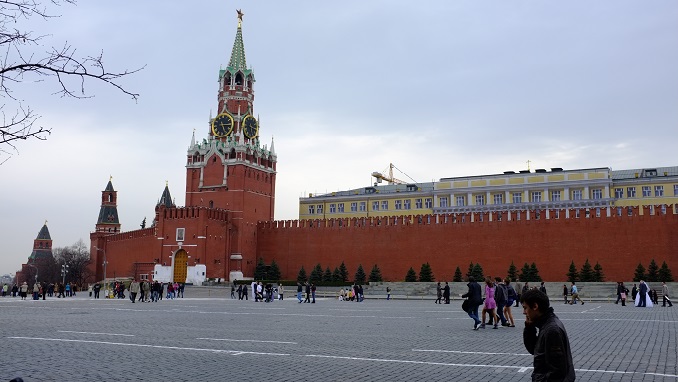The new Russian government will need about 450 billion rubles ($7.3 billion) in 2020 to implement the tasks set by the Russian president in his annual state of the nation address to the Federal Assembly this week, Russia’s prime minister candidate Mikhail Mishustin said on Thursday, according to TASS.
“We have enough funds to support all decisions that were formulated in the address,” he assured.
“The most important thing is to remove barriers for business, reduce costs for business, in any case, talk significantly with business,” Mishustin said on Thursday at a meeting with deputies of the United Russia faction in the State Duma. “These are the most important issues that I will immediately consider from the first days,” Mishustin added.
Mishustin called national projects an excellent tool for achieving the goals set by Vladimir Putin. “This includes fighting against poverty, issues related to education, demography, medicine, development of our companies, [eliminating] unnecessary barriers to business,” the candidate for Prime Minister specified.
Mishustin made a statement earlier that if he is appointed at the position, he will in the first place deal with removing barriers for business.
He called the situation in the Russian economy stable. “We have a fairly stable situation because the Russian National Wealth Fund is decent, gold and currency reserves — this all stabilizes the situation quite well. We have inflation, I think it will not exceed 4%, this is obvious,” he continued.
“Of course, the first thing that needs to be done is to seriously engage in institutional, management reforms,” Mishustin said. “Of course, [we need] to bring in the latest information technologies. I will deal with programs, Digital Economy national project. Without a doubt, the state should be a digital platform that is created for people,” he said.
In his State of the Nation Address to the Federal Assembly on Wednesday, Russian President Vladimir Putin suggested major amendments to the country’s Constitution, including vesting the State Duma with powers to approve the prime minister, deputy prime ministers, and federal ministers.












